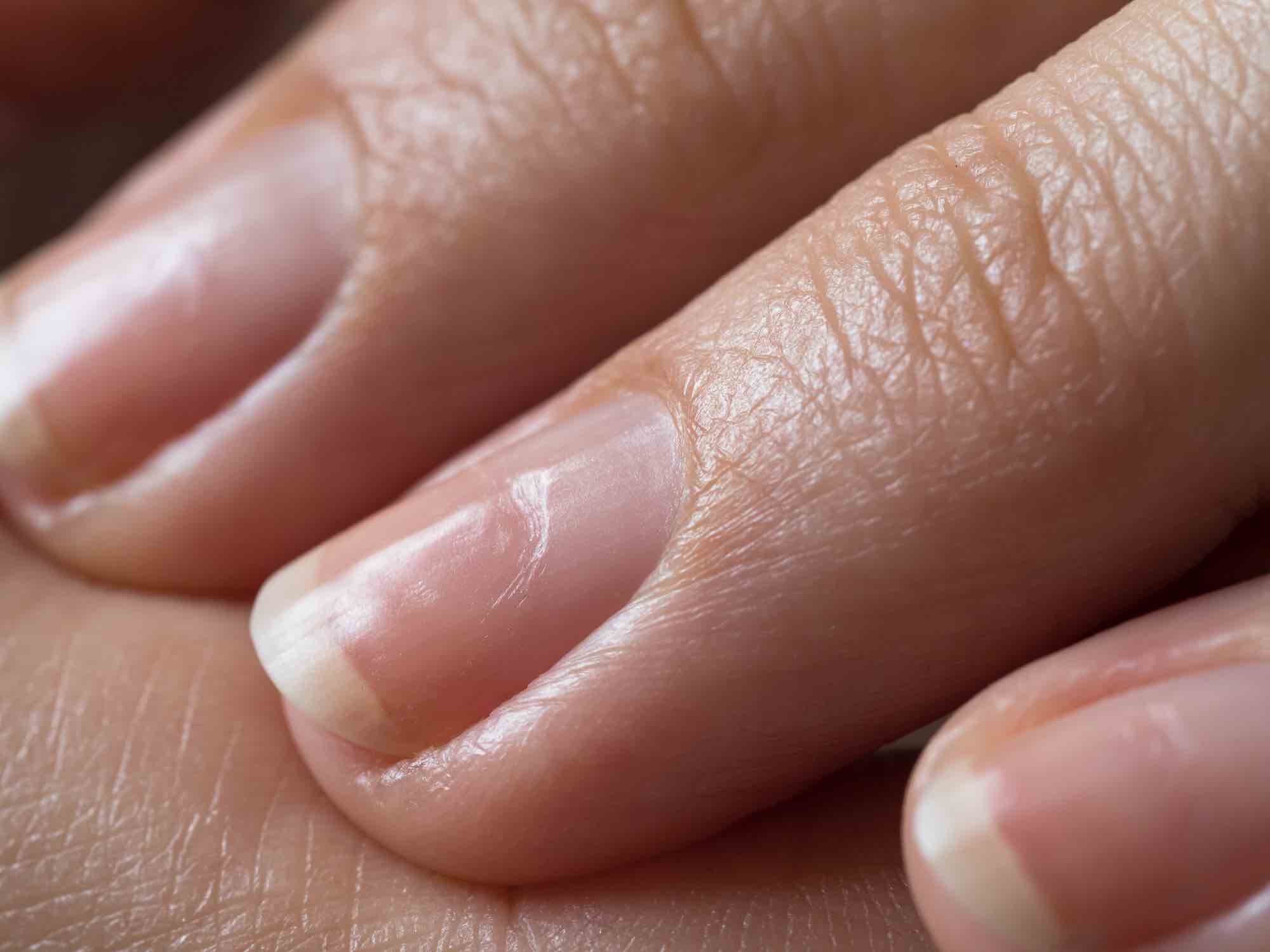What can you do yourself?
A good care routine helps a lot. Keep your nails clean and dry. Cut them straight and file sharp edges smooth. Use a nourishing nail oil or cream daily. Wear gloves when cleaning or when in contact with harsh substances. Avoid nail biting and choose shoes that do not pinch.
Treatment of nail dents
In many cases, dents grow out on their own, especially if you address the cause. If your nails are weakened, products with nourishing oils and hydrating ingredients can support recovery. If a nutritional deficiency is suspected, supplementing with biotin, iron, or zinc may help. Always discuss this with a doctor.
In summary
Dents in nails are often temporary and harmless. But if they appear suddenly, are painful, or come along with other changes, it is wise to have them checked. By protecting your nails, maintaining proper nutrition, and staying alert to warning signs, you can prevent bigger problems.
Do you want to give your nails extra support during recovery? The Olivélle Nailcare Pen nourishes the nail matrix and helps strengthen the structure. Applying it daily as part of your routine can contribute to smoother, stronger nails.






